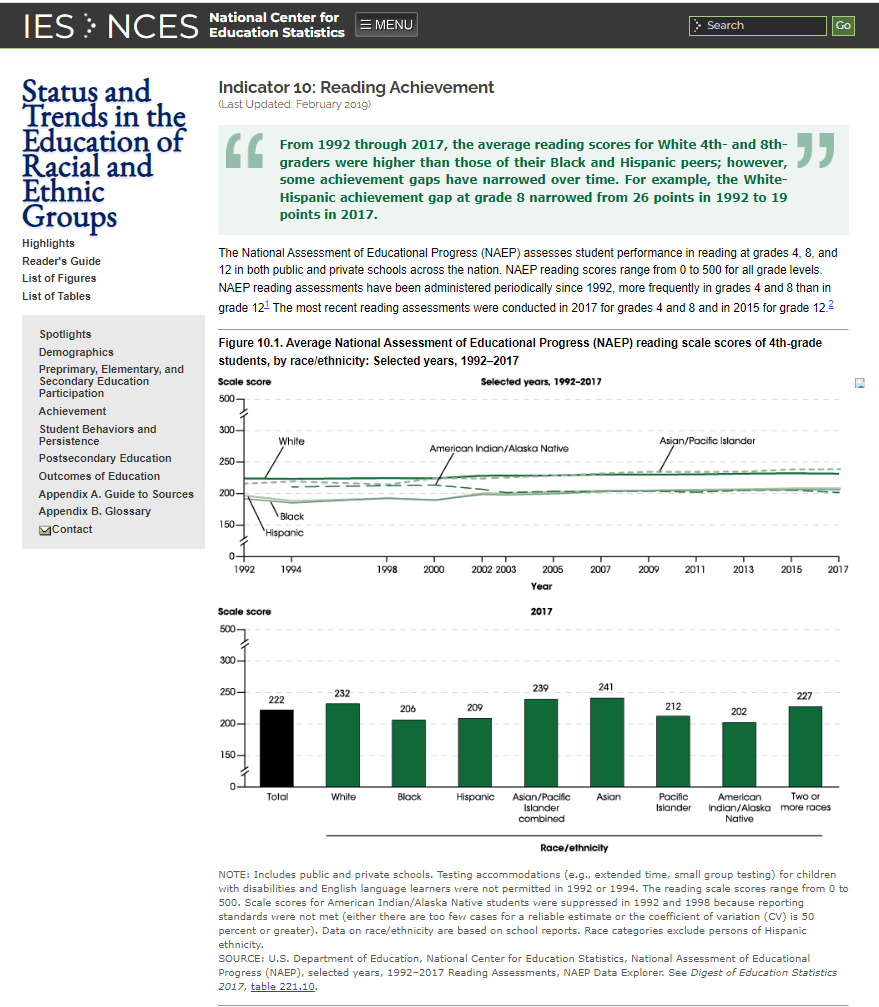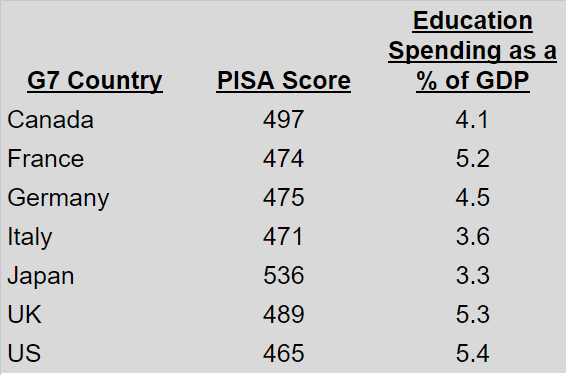Commentary
It would be hard to imagine any company requiring higher quality standards than Boeing, the once iconic aircraft manufacturer. Failure in its line of business is simply not acceptable.
But Boeing has suffered a number of quality failures, most recently on Jan. 5, when the door plug of a Boeing 737 Max 9 gave way at 16,300 feet as an Alaska Airlines flight was in its ascent. The aircraft experienced—but not explosive—decompression. Nobody was killed (nobody was sitting next to the door plug), although some were injured. Headrests were torn from nearby seats, and seat assemblies were reportedly twisted. The aircraft landed safely after declaring an emergency.
The Alaska Airlines airliner had been in service only since October. The Monday following the door plug incident, United Airlines said it had found loose bolts in the same part in a number of 737 Max 9 aircraft. United did not disclose how many. United says it appears to be an installation issue.
These incidents come after a number of other incidents, including a 2018 Lion Air Boeing 737 Max crash in Indonesia and another months later in Ethiopia. Those two crashes were reportedly attributed to a combination of pilot error and the unintended functioning of the 737’s Maneuvering Characteristics Augmentation System (MCAS), software linked to the aircraft’s operating computers intended to prevent the aircraft from stalling.
So why are all these issues affecting Boeing for the last several years?
I doubt there is a single root cause; rather, I would proffer a perfect storm of factors that adversely affect the aircraft manufacturer. I would submit, too, that some of these multitude of factors are affecting the broader U.S. manufacturing economy that should be urgently addressed by policymakers. What follows are some of the things that may have come into play.
The Workforce Has Changed
The last of the baby boomers were born in 1964. The youngest of them would have graduated college around 1986 and are looking at their sixtieth birthday this year. Those who have not already retired are likely at the higher end of the salary scale and might have been subject to the spate of layoffs in any one of a number of “right-sizings” that have taken place at U.S. manufacturing companies.
Boomers are a different lot from the younger counterparts taking their places. They were educated differently. The oldest of them, born before 1960, only learned computer science (if at all) on mainframe computers. The IBM-PC, introduced in 1981, only came to the workplace when they were in their 20s and, even then, most were reserved for their workplace superiors. While millions of them eventually picked up the required skills, they largely learned their advanced math and physics using slide rules or, for the younger of them, on sophisticated pocket calculators.
Most boomers who took calculus or physics in high school can likely still recite the formulas they knew by rote, but that are, today, functions in most spreadsheets. You may disagree, but learning your math and physics skills on a slide rule, as most of the baby boomers did, versus a computer or a sophisticated calculator, is a bit like learning to bake a cake from a recipe versus baking one from a mix. You simply know the details a lot better.
Attitudes, standards, and the work ethic of the boomers are also different from—and, in my opinion, superior to—that of younger workers. Human Resources professionals even hold seminars and offer advice on how to deal with the post-boomer generations.
Some of that may, of course, may just be the additional years of experience of the boomers, but I suspect not. Among other things, few Generation X and millennials learned basic workplace skills, like teamwork, showing up on time, and following the boss’ orders in their teen years working low-wage, low-skilled jobs. But many of those jobs—in restaurants, grocery stores, and gardening services—came to be held by the influx of immigrants who were granted amnesty in 1986.
Generation X and millennials were also reared differently, so they have a different attitude toward work, the workplace, and authority. While baby boomers were the children of the Greatest Generation and Korean War veterans, the parents of Gen X and millennials came of age mostly in the social turmoil of the late 1960s and 1970s. Their parents challenged authority on everything from civil rights to the Vietnam quagmire and pursued self-fulfillment over the more basic needs their older counterparts were forced to address. Their circumstances—many had gone through the Great Depression as children—made them more disciplined, in my opinion.
Diversity Equity, and Inclusion (DEI)
Boeing, like most iconic U.S. manufacturers, saw fit to adopt a robust DEI policy that included an aspirational target to increase “the black representation rate in the United States by 20 percent” by 2025. (It’s not clear what the base figure for that increase is.)
Let’s be clear: DEI is just a spurious substitute for genuine equality of opportunity. It’s a facade to cover a variety of social pathologies that have long caused black Americans to suffer disproportionately in the American experience. Those leaders who push DEI without addressing those pathologies—the small percentages of marriages among black couples relative to their white counterparts; children raised in female-headed, multi-father, households; poverty; a misogynist, criminal-glorifying “rap” culture; and, most importantly, inadequate educational standards, especially in inner cities—that have devastated black communities are merely pandering—virtue signaling—instead of the doing the hard and brave policy and political work necessary to address these social pathologies.
Look at these racial disparities in U.S. reading levels:

While there are, no doubt, plenty of black engineers, financiers, and line factory workers capable of doing fine work for Boeing, the company’s DEI “by 2025” goal pressures Boeing managers to hire workers from the middle or even the left side of the bell curve based on race in the rush effort to meet DEI goals. That can only compromise safety.
The solution is simple: hire the best people, irrespective of color. And use Boeing’s substantial sway in Congress to correct the aforementioned social and educational pathologies with a concrete, actionable, agenda to bring about real equality of opportunity.
Finance Capitalism
Boeing CEO Dan Calhoun was trained as an accountant. His prior experience was at GE Engines and at Nielsons, the TV ratings and data company. He’s not an engineer, which is the course most other Boeing CEOs had taken to leadership.
Finance capitalism has also played a role in pushing Boeing’s stock value, perhaps more than it should. The company has reduced its outstanding shareholdings by nearly 25 percent over the years, and spent something like $60 billion on stock buybacks and healthy dividend distributions. Perhaps more of that money should have been devoted to the fixing issues with the 737 Max design to adopt the more efficient, lower-emission, LEAP 1-B engines. (It’s reported the LEAP 1-B engines were adopted to make the 737 Max competitive with an Airbus aircraft. But the newer engines required the MCAS system to be adopted as what seems to have been an ad hoc “fix.”)
That aside, at the macroeconomic level, many of America’s best-trained engineers have found they can realize a far bigger payday working on Wall Street and in venture capital funds than designing aircraft. How much better would Boeing’s products be if the company had spent the money it spent on dividends and buybacks on the very best aeronautical engineers and designers?
Corporate Culture
When I was studying at New York University’s business school, one of my professors held up a front-page cover story photo of some 1980s’ era corporate charlatan who had lied to the Securities and Exchange Commission being frog-marched into federal custody. “Never let this be you,” he said.
But corporate ethics in the United States seems to have declined even since those days, where corporate ethics were already severely compromised. Today, corporate ethics at many leading firms can be defined, broadly, as “Get as close to the legal line as you can without crossing it and, if you cross it, cover it up and lie about it.” Second, among some, business decisions come down to dollars and sense: “What will the payout be to the survivors and injured if we do this versus the cost of getting it right?”
“Boeing’s employees chose the path of profit over candor by concealing material information from the FAA [Federal Aviation Administration] concerning the operation of its 737 Max airplane and engaging in an effort to cover up their deception. This resolution holds Boeing accountable for its employees’ criminal misconduct, addresses the financial impact to Boeing’s airline customers, and hopefully provides some measure of compensation to the crash-victims’ families and beneficiaries.”
Boeing’s own people reportedly said of the 737, “This airplane is designed by clowns, who are in turn supervised by monkeys.” The very notion that an iconic American brand like Boeing—a company where safety should always be paramount, where it once proudly boasted, “If it’s not Boeing, I’m not going!”—would compromise safety, to say nothing of its sterling reputation, for additional profit margin is simply mind-bogglingly stupid.
Summary
Eliyahu Goldratt, an Israeli engineer and management guru, once said, “Good luck is when opportunity meets preparation, while bad luck is when lack of preparation meets reality.”
Boeing’s current spate of “bad luck” is very likely exemplary of broader, systemic, shortcomings for the U.S. manufacturing economy. Sadly, it seems policymakers don’t care.
Educational standards have declined, with the Unoted States not even cracking the the top 10 of the countries among the Organisation for Economic Co-operation and Development (OECD) that participate in the Program for International Student Assessment (PISA), which tests math, science, and reading among 15-year-olds.
Even so, Department of Education (DOE) bureaucrats slough off the dismal U.S. performance of 465 in mathematics (behind even poor countries like Estonia, Slovenia, and Portugal) by characterizing it as “not significantly different from the OECD average score of 472.” But the DOE bureaucrats’ spin approving the mediocre math scores fail to explain that the “average” spans a population from Singapore (575) to Cambodia (336). Among peer and near-peer nations of the Group of 7, or G7, the United States ranks dead last, and well below the G7 average (excluding the United States) of 490, even as we spend a greater percentage of GDP on education than any of the others.

The United States’s failure to protect its industrial base by exporting it overseas for the last last 35 years likely dissuaded children from wanting to become engineers and scientists. That, plus our continuing decline in cultural, educational, and ethical standards, are seemingly ignored by policymakers.
Those declines simply must be arrested and reversed if the United States hopes to return to the world’s leading industrial power, both at Boeing and our other leading manufacturers.
The electorate should demand an actionable program to address this apparently systemic shortcoming in the U.S. manufacturing sector and not allow candidates for the House and Senate or the presidency to slough off this critical issue.
Views expressed in this article are opinions of the author and do not necessarily reflect the views of The Epoch Times.
Original News Source Link – Epoch Times
Running For Office? Conservative Campaign Consulting – Election Day Strategies!


